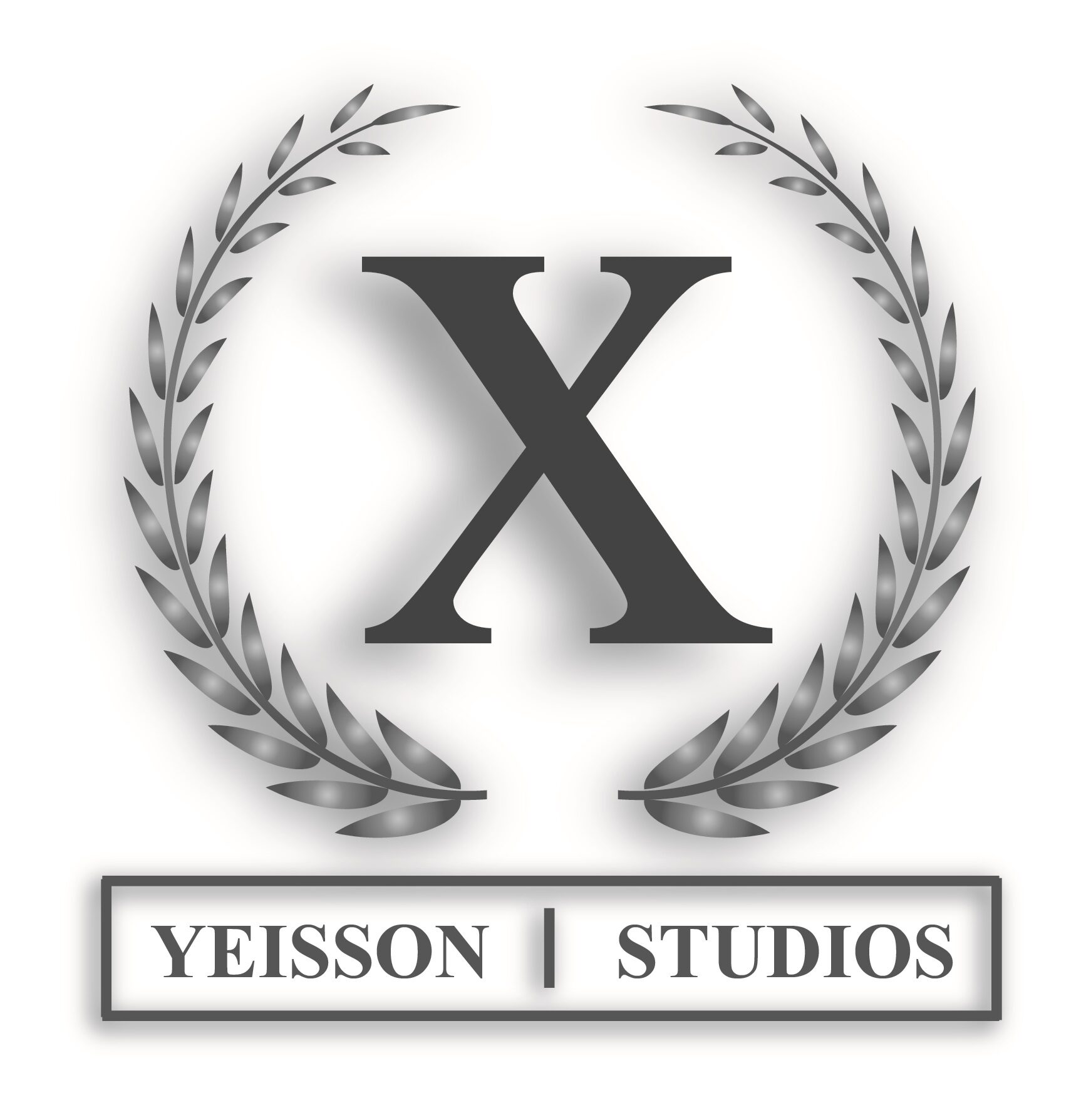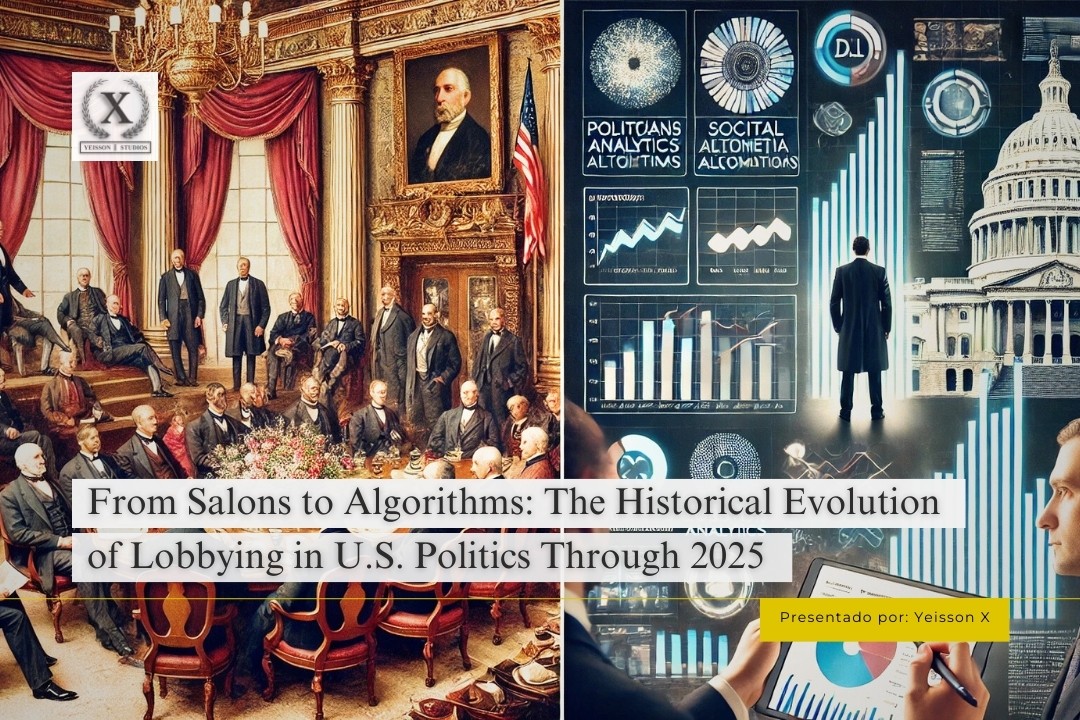The story of lobbying in America is a tale of power, innovation, and contradiction—a force as enduring as the nation itself. Born in the smoky backrooms of colonial taverns and now propelled by artificial intelligence, lobbying has evolved from a rudimentary tool of persuasion into a sophisticated engine shaping laws, economies, and global conflicts. Its trajectory mirrors the tensions at the heart of American democracy: the clash between public good and private interest, between free speech and systemic corruption. As we approach 2025, the fusion of technology and politics has transformed lobbying into a battlefield where algorithms, dark money, and transnational corporations wield unprecedented influence. Yet, the core question remains unchanged: Who truly governs the United States?
The Founders’ Paradox (1789–1860): Petitions, Patents, and the Seeds of Influence
The First Amendment’s guarantee of the right to “petition the government” laid the legal groundwork for lobbying, though its early practice bore little resemblance to today’s high-stakes operations. In the republic’s infancy, lobbying was personal and ad hoc. Inventors like Samuel Colt, seeking patent protections, relied on former lawmakers to navigate Congress. Meanwhile, southern planters and railroad barons quietly swayed legislation to protect slavery and land grants. This era’s informal networks, however, masked a looming truth: the Constitution’s noble ideals could be exploited by those with resources and connections. The stage was set for a system where influence would increasingly become a commodity.
The Gilded Age (1865–1900): Corruption, Capital, and the Rise of Corporate Power
The post-Civil War industrial boom unleashed an era of brazen corruption. Titans like John D. Rockefeller and J.P. Morgan turned lobbying into an art form, bankrolling politicians to secure tariffs, land rights, and lax regulations. The Transcontinental Railroad project epitomized this moral decay: Union Pacific executives distributed shares to lawmakers in exchange for federal subsidies, a scheme later exposed in the Crédit Mobilier scandal. By the 1870s, lobbying had shed its amateurish veneer, morphing into a professionalized industry. The line between business and government blurred, as corporate interests began drafting legislation themselves—a trend that would define the next century.
The Progressive Backlash (1901–1945): Reform, Regulation, and the Limits of Change
Public outrage over Gilded Age excesses sparked the first major regulatory efforts. The Federal Corruption Act of 1925 mandated lobbyist registration, yet loopholes allowed groups like the NRA—originally a marksmanship club—to quietly build political clout. The New Deal era intensified lobbying wars: labor unions fought corporate giants over worker rights, culminating in landmark laws like the Social Security Act. But even as reformers celebrated these victories, a new threat emerged. Think tanks and industry associations began framing policy debates, proving that regulation alone couldn’t sterilize politics from moneyed influence.
Cold War Machinery (1946–1989): Guns, Butter, and the Think Tank Revolution
The Cold War militarized lobbying. Defense contractors like Lockheed Martin embedded themselves within the Pentagon, securing billion-dollar contracts for Vietnam-era weaponry. Simultaneously, conservative think tanks such as the Heritage Foundation (founded 1973) pioneered a subtler form of influence: drafting model legislation, training future policymakers, and reframing ideological battles. Watergate’s aftermath brought the Federal Election Campaign Act (FECA), aiming to curb campaign finance abuses. Yet, as defense budgets ballooned and corporate PACs multiplied, it became clear that lobbying had simply adapted—not retreated.
Globalization’s Gambit (1990–2010): Dark Money, Trade, and the Citizens United Earthquake
The fall of the Berlin Wall ushered in lobbying’s global phase. Multinational corporations pushed treaties like NAFTA, while industries from agribusiness to pharmaceuticals deployed lobbyists across capitals. The 2010 Citizens United ruling, however, detonated a bombshell: by equating money with speech, it unleashed unlimited “dark money” into politics. By 2012, anonymous donors accounted for 60% of electoral spending, per the Center for Responsive Politics. Super PACs became shadow parties, and lobbying firms expanded into “strategic consultancies,” blurring advocacy with propaganda. Democracy, critics warned, was becoming a pay-to-play game.
The Digital Metamorphosis (2011–2020): Data, Disinformation, and the Silicon Lobby
Tech giants rewrote lobbying’s rulebook. Facebook and Google spent $120 million in 2020 alone to stall antitrust scrutiny, while Amazon harnessed voter data to micro-target legislators. The 2016 election exposed darker tactics: foreign bots and domestic lobbyists alike weaponized social media, flooding platforms with disinformation. Even healthcare reform felt the tech shift—the Affordable Care Act weathered $1.2 billion in opposition spending from insurers and pharma giants, much of it funding algorithm-driven ad campaigns. Lobbying was no longer about backroom deals; it was about controlling the digital narrative.
The Algorithmic Age (2020–2025): Pandemics, AI, and the Fight for Transparency
COVID-19 catalyzed lobbying’s final transformation. Pharma giants like Pfizer invested $500 million in 2021 to shape vaccine policies, while crypto firms poured $250 million into rewriting regulations post-FTX’s collapse. By 2025, AI dominates the scene: OpenAI and DeepMind deploy predictive algorithms to map lawmakers’ votes, while Meta and TikTok lobbyists quash the Algorithmic Transparency Act, shielding their recommendation engines from audits. New frontiers like “quantum lobbying”—simulating policy outcomes via AI—raise existential questions: Can humans still govern, or have we outsourced democracy to machines?
Mechanisms of Power: How 2025’s Lobbying Playbook Works
– Predictive Politics: Think tanks run AI simulations to forecast legislation’s market impact, offering “preemptive adjustments” to corporate clients.
– Stealth Networks: Foreign states, notably China, funnel influence through shell companies and tech startups, exploiting weak campaign finance laws.
– Citizen Armor: Apps like LobbyTrack 2025 crowdsource data to expose undisclosed meetings, yet face legal pushback from corporate lobbies.
Democracy or Oligarchy? The Unending Debate
Harvard’s Lawrence Lessig contends America has become an “oligarchic republic,” where 0.01% of elites control 40% of political spending. Defenders, like former Labor Secretary Robert Reich, counter that lobbies “grease the wheels” of governance, enabling industry expertise to inform policy. Yet as AI amplifies inequities, even Reich concedes: “When algorithms lobby algorithms, the people lose.”
A Republic, If We Can Keep It
From Samuel Colt’s patent battles to OpenAI’s legislative chatbots, lobbying has always been a mirror of America’s soul—reflecting its ingenuity, its greed, and its fragile hope for self-rule. By 2025, states like Colorado experiment with public election funding, while Congress debates repealing ‘Citizens United’. But as AI rewrites the rules faster than laws can adapt, the Founding Fathers’ dilemma resurfaces: Can a nation conceived in liberty endure as a marketplace of influence? The answer, perhaps, lies not in banning lobbies, but in ensuring the public’s voice isn’t drowned out by the roar of algorithms and the whisper of dark money.
Sources:
Congressional Archives; OpenSecrets.org; Democracy in Chains by Nancy MacLean; Brookings Institution reports; interviews with former lobbyists and policy analysts.


